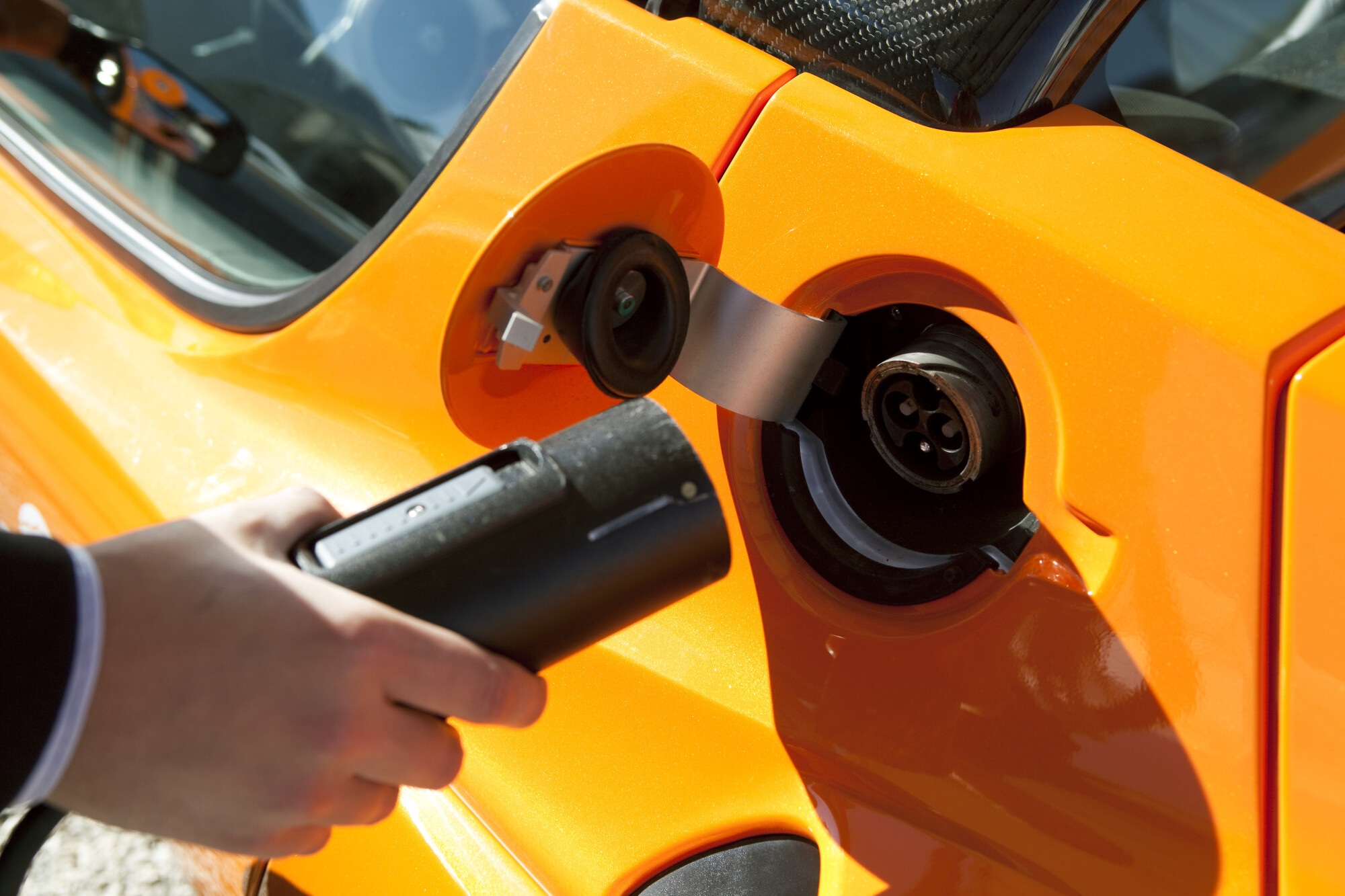There's been a lot of talk about EVs in the past few decades, largely due to rising concerns about climate change. What is EV? EV is shorthand for electric vehicles.
The idea for the electric car goes back far earlier, with the first model appearing in the 1830s.
The 21st century isn't the only electric car boom in history. Two others have occurred, with one in the early 1900s, and the other during the oil embargo in the 1970s.
The enhanced interest in electric cars has caused many people to ask about an electric car motor and how it works. We'll answer this question and some others in this article.
How an Electric Car Starts
All cars come with a battery, whether they're electric or gas-powered. When you turn your car on, you turn on the battery. The battery then generates magnetic energy that triggers the motor, which causes the wheels to move and so on.
Keep in mind that this is a very simplified explanation. The process as a whole utilizes a lot of physics and mechanical principles that anybody without an engineering degree would struggle to understand.
What is EV?
Terminology is important in this context, so we will discuss a few important terms and what they mean.
The first term is EV. We've mentioned that EV is an acronym for an electric vehicle. For those asking what is EV, specifically, it's any type of vehicle that is powered by electricity to a significant extent.
The term can apply to anything, but it's often used to refer to cars.
Motors and Engines
The other important term is motor. This may seem like a strange term to discuss, but there is a reason for it. The words motor and engine are often used interchangeably, but they're not always the same thing.
A motor is a device that converts energy to mechanical energy, which moves objects. An engine, meanwhile, converts heat energy in particular into mechanical energy.
This means that while all cars have a motor, electric cars don't have engines because they convert electricity rather than heat to mechanical energy.
Battery vs. Gas Tank
Aside from the name and power source, how do electric cars and gas-powered cars differ? A few of the major differences between electric and gas cars are the environmental impact and overall cost.
It seems like people are constantly extolling the environmental benefits of electric cars, so we won't discuss it much here. There's also not much to talk about. Electric cars don't burn gasoline, so they don't produce emissions.
Cost is a different story. Electric cars are more expensive initially but might cost less in the long run, given that electricity is a renewable resource. Since electricity is renewable, and quite easily so, charging an electric car is often half the cost of refueling a gas-powered car.
Battery Electric Vehicles
Electric cars aren't one-size-fits-all. There are at least three different kinds of them. These include battery electric vehicles, fuel cell electric vehicles, and hybrid electric vehicles.
Battery electric vehicles are the purest form of EV, running on nothing but electric power. They are powered using a battery that fuels a motor and nothing else.
Hybrid Electric Vehicles
Hybrid electric vehicles, often just called hybrids, are vehicles that use both a small battery-powered motor and a gas engine. Since these vehicles aren't completely electric, they don't cut out gas and emissions altogether. However, they do use a much smaller engine, cutting down on both significantly.
While they still use some gasoline and give off some exhaust, there is one very distinct advantage of having a hybrid vehicle. The modern world was built around gas-powered vehicles, and since hybrid cars are partly gas-powered, refueling them is not difficult.
Fuel Cell Electric Vehicles
Fuel cell electric vehicles, like battery electric vehicles, run on pure electricity. However, that electricity is created and maintained in different ways.
Battery electric vehicles are powered by a large battery, which needs recharging. Fuel cell vehicles utilize hydrogen and oxygen to create electricity, and this chemical reaction recharges the car's battery as it drives. These vehicles are also zero-emission because the only byproducts of the reaction are heat and water.
This might seem like a dream vehicle and a potential solution to the world's environmental issues, but there's one major problem. It's a promising technology, but there's still a lot we don't know about it.
At the moment, these cars and the fueling stations they use are only available in California and a few isolated areas. There are plans to expand, but this will likely be a slow process.
The Electric Race
The promise of EVs has given rise to several electric car companies in various countries. Two of the biggest manufacturers are Tesla in the United States and Nio in China.
If trends continue, electric cars might explode in popularity, but it's hard to say who will lead the charge. Currently, all signs point towards Tesla coming out ahead, but the electric car boom is likely still in its early stages, so who knows where things will go from here?
How do Electric Cars Work? A Guide
How do electric cars work? The answer is that it depends on the type of electric car in question. For instance, some EVs are partly powered by electricity while others are completely electric, and each type of EV uses that electricity a bit differently.
We've answered some questions, like what is EV?, in this article, but there's always more to explore.
If you want to know more about EVs and how to transport them please visit our site. Feel free to read about our company and how it works while you're there.



